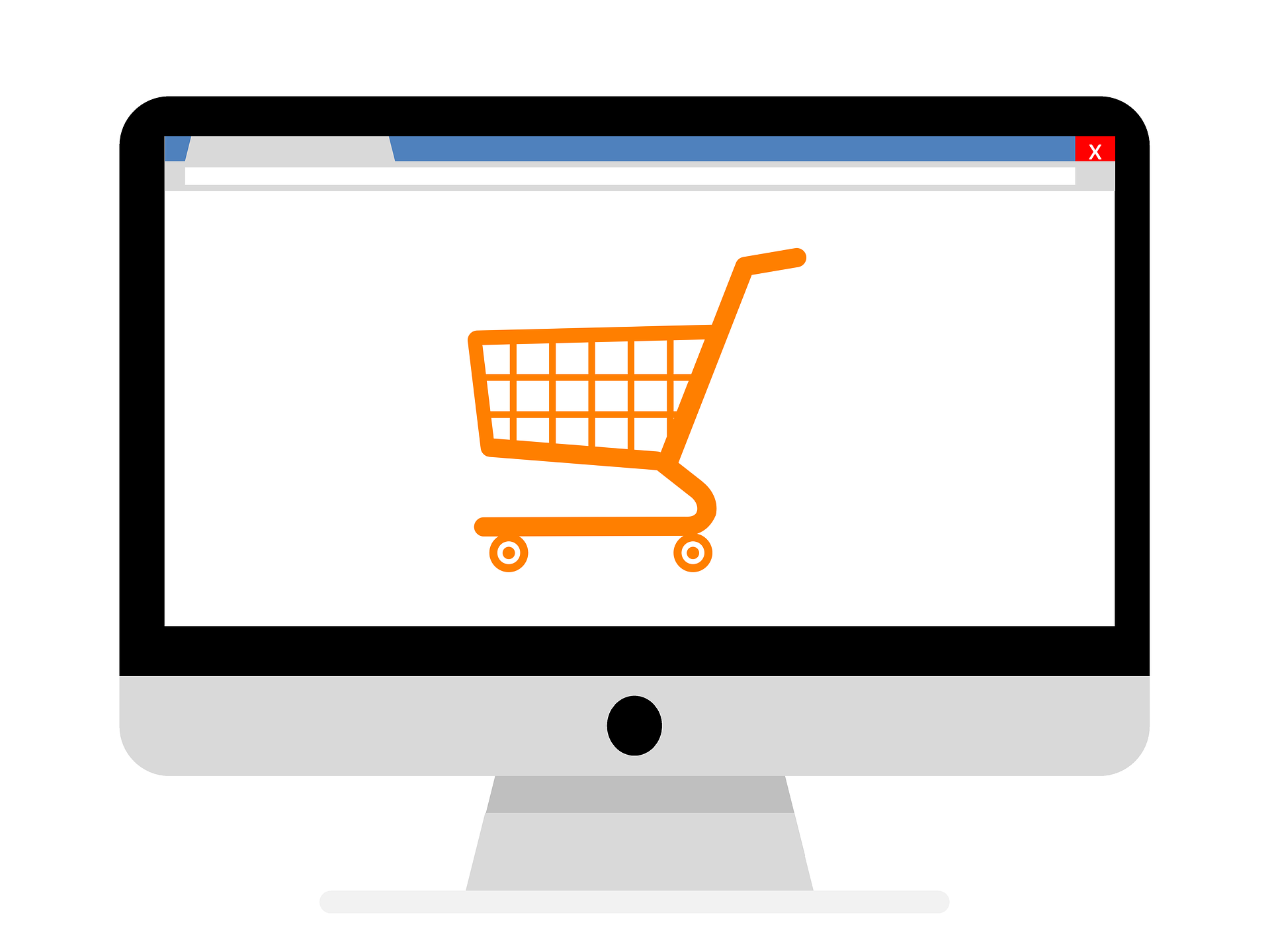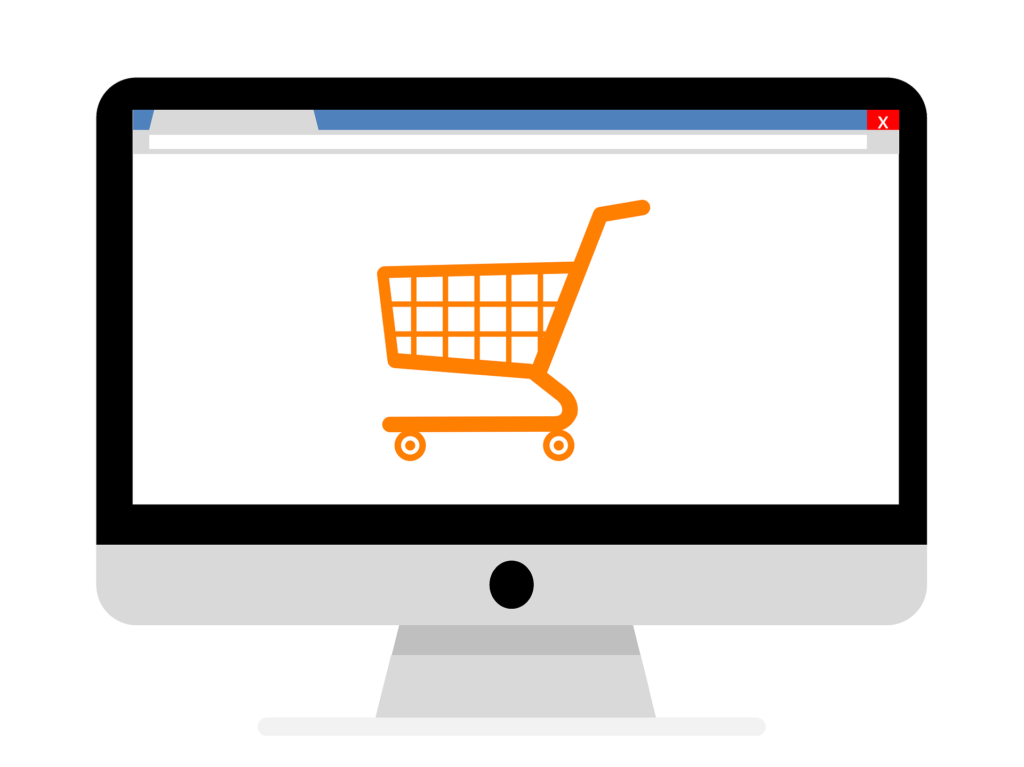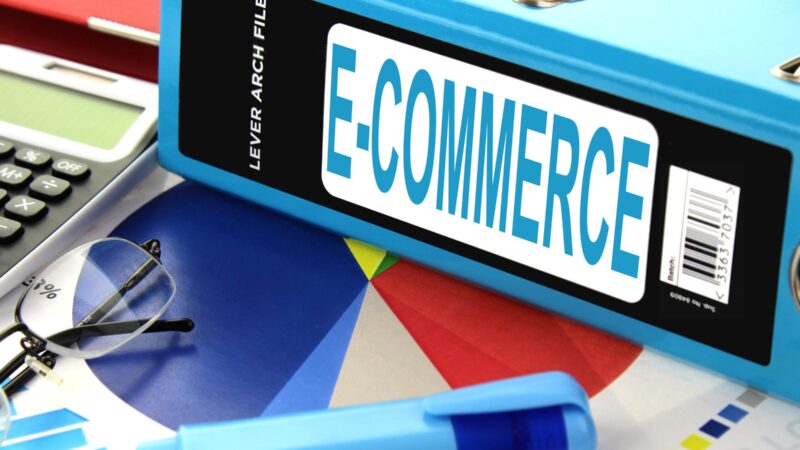Know the Ideal Tips for Selling on Ecommerce Marketplaces

You can choose from a long variety of trustworthy Ecommerce marketplaces to offer your goods for selling. Popular websites include Amazon Marketplace, eBay, and Etsy. To build your own online store on your own website, you can also utilize WooCommerce, Shopify, or Ecwid.
Setting up an Etsy shop can be simpler if your idea of technological ability is changing the batteries in the TV remote. You can easily sign up and add products, and you’ll be ready to go in no time.
You have more options if you’re confident about connecting websites and carrying out some simple setup. You can set up a store on your own website and conduct business there. Numerous online retailers also provide delivery partnerships with DPD and accounting software like Xero. To simplify the process of selling products and operating them easier, you can also interact with websites like Etsy.

When running a successful e-commerce business, there are many tasks to complete regardless of the platform you choose.
Here Are Some Of Our Top Advice For Selling On An Online Store:
- Complete Your Homework
Before starting any firm, it is essential to comprehend your audience and what they want. This can affect the platform you choose as well, so take caution. For instance, Etsy is known for its handcrafted, frequently unique items made by artisans. If you want to sell mass-produced Chinese goods, for instance, you’ll be selling on the wrong platform.
Make sure to do your research and only sell items that your target market will find appealing.
Knowing your target market is essential since it affects everything you do.
2. Start Modestly
If you’re just getting started, you can feel overwhelmed by your to-do and learning lists. Pick one e-commerce site that you are comfortable with to start small. Thereafter, you can always enlarge.
Initially, keep the number of unique items you provide to a minimum. When you first start out, it may be challenging to keep track of everything if you supply too much. Later, you can always provide your customers with other choices.
3. Arrange Your Logistics In Advance.
One of the most crucial decisions you’ll have to make is how you’ll deliver your goods to your customers. Consider where and how you’ll store your things as well.
How you handle your inventory is a crucial additional issue to think about. You don’t want to run out of inventory and let your clients down. Additionally, you don’t want to place an excessive purchase and end up with goods that have been sitting on shelves for weeks.
These choices could either make or break your business. They have an effect on every aspect of your business, including your ability to offer first-rate customer service and manage your back end.
If you opt to handle everything yourself, you’ll need to either buy a warehouse and pay staff to run it or keep your goods at home. Customers will need help selecting, packing, and shipping their items. You’ll also need inventory management software.
For a sole proprietor or small business owner, these costs may make beginning an e-commerce business pricey.
Fortunately, There Is an Easy Fix for This Problem.
You can outsource your logistics to a trustworthy third-party logistics company like Trade full rather than having to manage everything yourself.
Even better, if you don’t want to utilize a reputable third-party logistics company, you don’t even have to handle your goods. Send your goods to the warehouse of your 3PL provider, and they will take care of the entire process for you, from storage to delivery. Good third-party logistics sites employ inventory management software so you can easily check your stock levels and manage your business.
This could help you save a tone of time and money in your online store.
4. Make Noise Where Your Clients Hang Out
If you did your research before, you ought to have buyer personas for each of your clients. You need to be aware of who your customers are and what they like and dislike. Additionally, you need to know where they hang out and how to sell to them.
Write for your intended audience. Use the same language and vocabulary as them. If you employ the right keywords and phrases in your material, it will help you get found in the search engines. If you can be located, your chances of selling increase.
Remember to include video and other files as well. Unboxing videos are popular among viewers, and they do aid in product sales.
With a little preparation and the right e-commerce and third-party logistics partners, you may launch your own online business. Make a plan, weigh your options, and position yourself for success.
Plan & Strategy Execute
- Select An Item to Sell
The first step in launching an internet business is selecting a product to sell. Consider your interests and what you can provide for clients. Do you have a strong interest in fashion? then start a clothing business! Are you an artist? Promote your songs! Get inventive—there are countless possibilities! There are fantastic online tools that can assist you in identifying things to sell and drop ship if you are still having trouble deciding which item to sell.
The next stage is to choose the best strategy for selling the product you have chosen. There are numerous ways to sell online, and each has advantages and disadvantages of its own. A marketplace, Instagram, Tiktok, and lastly selling through an online store are a few of the more well-liked ways to make money online. It’s critical to select the selling strategy that will benefit both your goods and your company.
A domain name (like as mystore.com), an Ecommerce account, and a payment gateway account like Stripe, Paypal, or Razorpay are some of the items you’ll need to set up for your shop before you start selling. Don’t worry; setting up your Ecommerce account will assist you in integrating a payment gateway as well.
All of these specifics are available online or by asking someone who has already registered for an Ecommerce account and is actively selling online.
To assist you reach your target market once you’ve decided on a product, it’s critical to have a strong marketing strategy. Online resources abound that can be used to your advantage. In the part after this one, we will go into great detail regarding several strategies for contacting potential clients.
Strategies for contacting potential clients are as –
- Create Your Online Shop
There are a few things you must complete before opening an internet store if you are considering doing so. To start with, you must create a merchant account using a payment gateway like PayPal or Stripe. You’ll be able to manage your sales and receive money as a result. The creation of a website is the next step. You can accomplish this with a free website builder like Wix or a more expert platform like Ecommerce.
- Marketing Your Products
Several strategies exist for internet product promotion. To identify new customers, you can use search engines, social media, and online classifieds. Additionally, you can make a website and put details about your goods and services there. Additionally, you can go to trade shows to personally interact with potential clients.
Here are some pointers to promote your goods online:
Utilize Search Engines.
Utilizing search engines is one of the most crucial things you can do when you first enter the world of internet selling. This will not only assist you in locating possible clients and suppliers, but it will also provide you with valuable insight into what people are looking for. You may make your website rank higher in search engine results pages by employing the appropriate keywords and phrases (SERPs).
A website’s optimization for the purpose of getting higher positions in search engine results pages is referred to as SEO (SERPs).
When carried out properly, SEO can assist a website in becoming visible in search engine results pages (SERPs), which may generate more visitors and leads. However, SEO is a challenging procedure that calls for the commitment and experience of a skilled specialist. If you’re unsure if SEO is appropriate for your company, speak with a certified professional.
- Track Your Performance and Keep Improving
It’s critical to monitor your development and maintain getting better when you first start out as an online company.
Look at areas of your company where profits aren’t as high as they could be to determine how to generate additional revenue.
You may also establish if you are on pace to meet your business objectives by monitoring your progress.
You must monitor a variety of indicators in order to maintain track of your business. Incorporating Google Analytics into your website is the most popular method.
Google Analytics, sometimes known as GA, is a thorough data analysis tool that provides a wealth of data on how customers use your online store. That is also free.
Create a Google Analytics account for the domain name of your website in order to integrate Google Analytics with it. For your freshly formed account, the tool will generate a special key. Simply copy this key and paste it in your Ecommerce Dashboard’s Analytics area.
Conclusion
In 2022, opening an internet store is a fantastic way to start your own business. Follow these steps, and you’ll be on your way to successfully sell the products that your customers love.
- Unlocking the Secrets: How to Become a Successful YouTuber - March 17, 2024
- Unlocking the Power of Home Loan Calculators: A Comprehensive Guide - March 9, 2024
- Understanding Dementia: A Comprehensive Guide - March 7, 2024






